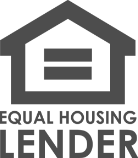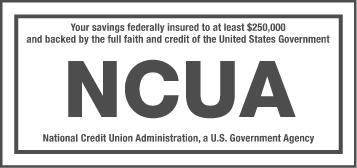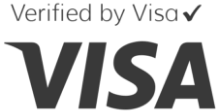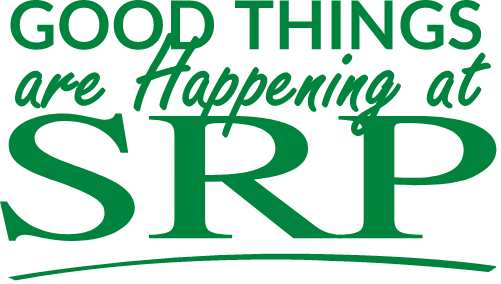
What Newbie Home Buyers Need to Know
posted on
June 1, 2024
Buying your first house is an exciting time, but it can be a little scary as well. If you are in the market for a home or have already found your dream home, you need to know how to financially navigate to reach your goal. SRP Federal Credit Union in the Augusta area has been making loans for over 60 years, so we need to talk if you're considering buying a home. With competitive rates, flexible terms, and unparalleled service, you'll be in the home of your dreams in no time.
To minimize your anxiety, the following will help you prepare for your first meeting with a loan officer.
Know your credit report
Go to annualcreditreport.com and get your credit report from all three of the reporting agencies. You get one free report a year. Your credit score can make a huge difference in how much you qualify to borrow and the interest rate you’ll pay.
If you find errors on your report, correct them. That won't happen overnight, so the sooner you clean it up, the better you’ll be.
If the facts are accurate but your credit history could be better, expect to spend at least 6 to 12 months cleaning it up by paying down debt.
Here's how much of a difference it makes: On a $150,000 30-year fixed-rate (3.85% annual percentage rate) mortgage, with an excellent score of 760 or higher, your monthly payment would be $703, and you'd pay $103,033 in total interest. But a credit score of 620 would cost $846 a month (5.4% APR) and rack up $154,407 in total interest payments.
Know what other documents will be useful
You'll need several other records when you talk to your lender:
- W-2 forms – from the past two years.
- Paystubs – your two most recent ones.
- Financial account statements – for the past 3 months.
- Lines of credit – anything that wasn’t opened with your credit union.
- Information about vehicles you own – make, model, and resale value
- Auto-loan account information – account numbers and statements
- Credit card account information – numbers and types of cards, balances, and minimum payments
- Other loan account information – include student loans and personal loans
- Gifts – If any money for your down payment was given to you, identify how much and where it came from. Have a document ready showing that it's a gift and not a loan.
Some of this information may be available online. When you call to make an appointment, ask what papers you should bring.
Know what you can afford
The elements that come into play are your income and its stability, how much you have for a down payment, and how much debt you have.
Maybe you have heard the 28 / 36 guideline. This means:
- Your total monthly housing commitment—mortgage principal and interest, property taxes, and homeowners’ insurance—should be no more than 28% of your gross monthly income (income before taxes and other deductions. So, if your gross monthly income is $3,000, the monthly house payment should be $840 or less.
- Your total debt—meaning house payments plus student loans, car loans, and credit cards—should be no more than 36% of your gross monthly income. That means if your gross monthly income is $3,000, all monthly debt payments should not go over $1,080.
If you would like to determine your financial stability further, don’t hesitate to speak to one of SRP’s Financial Counselors. Our Certified Financial Counselors are here to help you solve your money issues and take control of your finances.
Our counselors have extensive training and are certified to extend financial counseling services. They can assist you by helping you understand financial principles, create financial goals and strategies to achieve them, and so much more.
Down Payment and Closing Costs
You'll have to come up with a down payment from 5% to 20% on a conventional home loan—or from $7,500 to $30,000 on a $150,000 house.
In addition, be prepared for these expenses:
- Closing costs for title search, appraisal fee, loan origination fee, and more
- Utility hook-up charges
- Prepayment of taxes, interest, and property insurance
- Moving expenses
Your credit union lender can help you calculate what you need and how much you want to keep on hand for the inevitable expenses that arise after you buy a house.
Become a member of SRP today
If you are interested in purchasing your first home, SRP is the perfect place to start. SRP Federal Credit Union is here to help make the dream of homeownership a reality. Don’t hesitate to get in touch with us today.
This article is for informational purposes only. All loans subject to approval and rate may vary depending on individual’s credit history and other factors. Refinancing restrictions apply. All Credit Union loan programs, rates, terms, and conditions are subject to change at any time without notice. Membership required. SRP is federally insured by NCUA. NMLS #612441.
